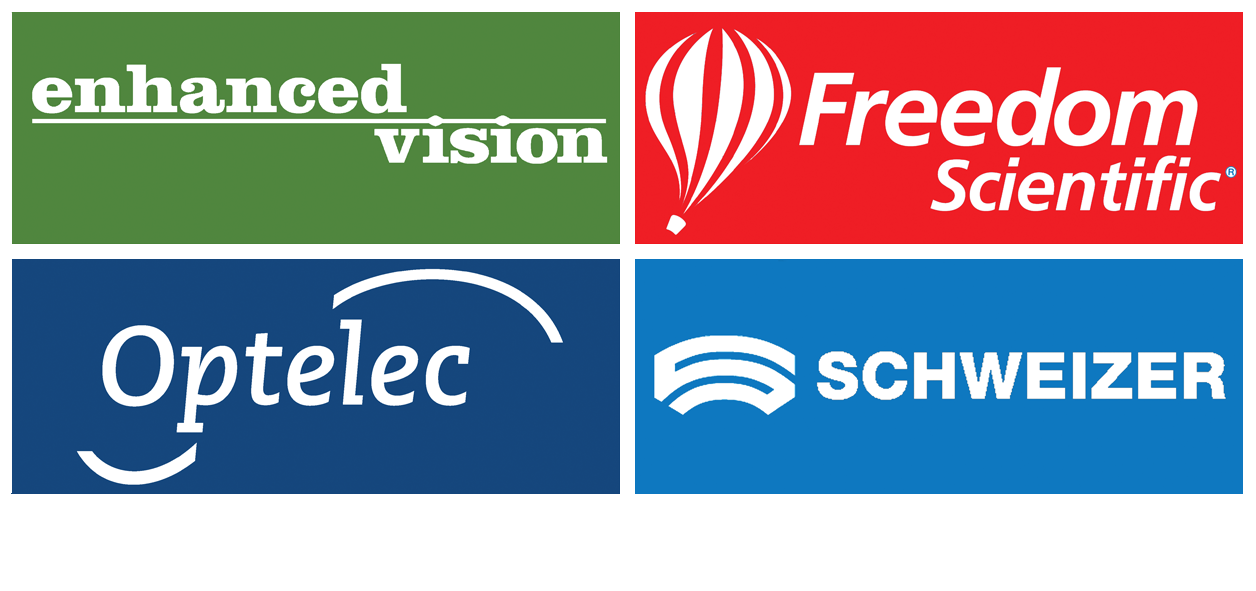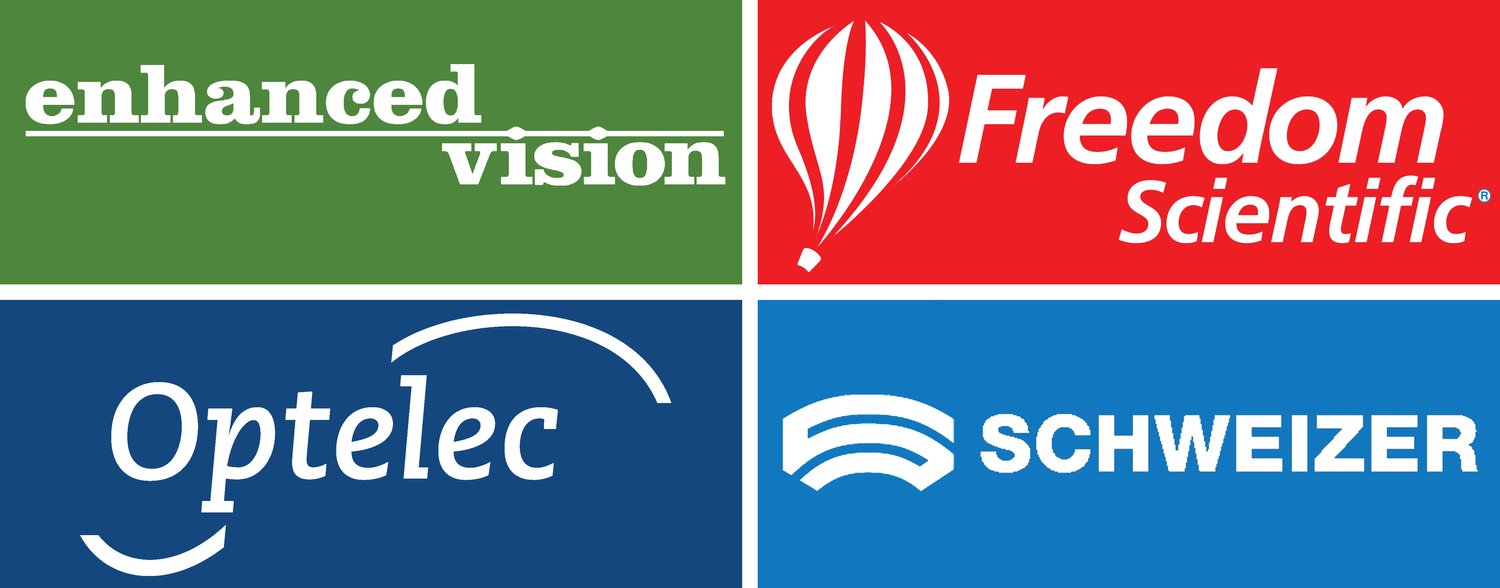Visually Impaired Women Making History Today: “The Blind Scientist”
March marks Women’s History Month, and as it draws to a close, it is a fitting opportunity to bring the celebration of women’s history into the present day - to celebrate visually impaired women who excel against the odds today. The list of visually impaired women who have achieved exceptional things is long and diverse. It includes Helen Keller (author, political activist and lecturer), Harriett Tubman (abolitionist and humanitarian), Marla Runyan (the only visually impaired woman to qualify for the Olympics), Dame Judi Dench, and many more…
But across the world today, there are countless women who aren’t as well known that are transforming perceptions about what is possible for visually impaired people. One of those is Dr Mona Minkara or, as she’s otherwise known, “The Blind Scientist”.
As a child, Minkara was diagnosed with macular degeneration and cone rod dystrophy. She gradually lost her sight and her education was put into jeopardy as her teachers didn’t know how to help her. She was told for most of her life that “science would be hard as a blind person because it is very visual”, and she found that even people in the blind community discouraged her from pursuing science as it was “impractical”.
Minkara went on to win a scholarship to the prestigious Wellesley College in Massachusetts, graduating in 2009 as the college’s first blind scientist, before completing her PhD at the University of Florida in 2015. She is now Assistant Professor in the Department of Bioengineering at Northeastern University. But how did she achieve all of this against resistance from her teachers, in a field which isn’t designed to accommodate blind people?
Well, in addition to bucket loads of resilience and determination, Minkara was helped by people who would read to her and work with her in the labs. Now she has a team of people who she calls “Mink Inc”. They basically act as her eyes, assisting with note taking and reading, which allows her to spend more time thinking through chemical problems.
She also credits her postdoc supervisor, Dr J. Ilja Siepmann, who helped change her attitude towards blindness:
“He presented my blindness as an asset, explaining that I could solve problems that other people haven't because I needed to process things differently. Before that, no one had ever told me my blindness had value; I always felt like I needed to overcome it, rather than work with it and I never had the tools I needed.”
Now, Minkara is working on projects which will enable young people with disabilities to engage in science, beginning with a blind-accessible STEM summer camp in Lebanon. She wants blind children to know that:
“Your disability or difference is not a hindrance… there is always an advantage to a different perspective of the world, in whatever problem you are trying to solve.”
She hopes to get rid of the belief that blind children are helpless and should be pitied, and to open minds about what they can achieve:
“We genuinely as a society don’t think that a blind person could be a decent chemist. We have these imposed impressions of people’s potential.”
Dr Minkara is a great testament to our belief that no challenge is beyond the capabilities of visually impaired people. Whether you’re looking to innovate and change the direction of your field, or just want to keep exploring your passions and enjoying your hobbies to the full!

